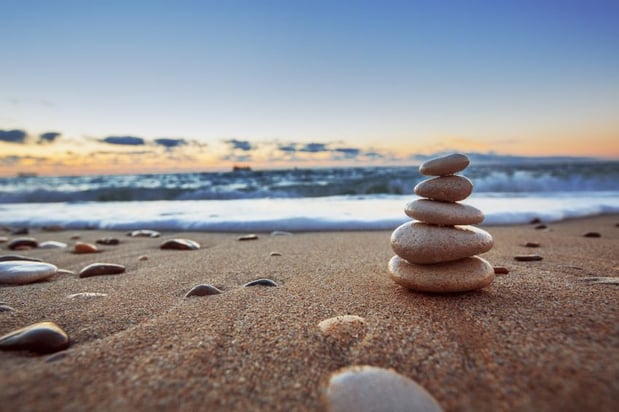Traditionally, there has been limited talk in 12-step recovery groups about the practice of meditation. There has been little conversation about the benefits or the reasons for meditation, and how it can support recovery. Today things are changing. There are some special groups of 12-step recovery members who are forming alternative groups with interests that include meditation practices, but they are not as widespread as the traditional format of recovery meetings. It is important that meditation and other Eastern concepts and approaches to health become more widely available to addiction recovery members who are not able to access these specialized groups.
Finding Peace in Our World, and In Recovery
Long-term abstinence is difficult to achieve when recovering addicts do not understand their emotional process. People in all cultures around the world are faced with the daily stresses of life. These can range from driving in traffic, difficulty in relationships at home and at work, illness (either personal or familial, or both), birth, death, marriage, divorce--the list goes on and on. Navigating these turbulent waters is a balancing act for everyone.
Managing Stress during Recovery
Recovering addicts typically do not have the emotional stability required for dealing with these stressors without a great deal of extra help. While it is important for them to maintain their involvement in 12-step support groups, working with sponsors and other 12-step advisers and friends, maintaining a spiritual connection is tough when you are not aware of how you are feeling about any and all of this activity and its inherent stress. Meditation can be the safe haven for addicts to retreat to when the dual stresses of daily life and recovery overwhelm them.
Being vs. Doing
Meditation practice is the seat of all of the wisdom and answers that anyone needs to access. However, sitting for a daily meditation of 10 minutes or so is a task that is daunting for those of us who are in the habit of "checking out" when the going gets rough. In recovery, we need to find another escape instead of drugs and alcohol. Long after the drugs and alcohol are gone from our lives, there is still our addiction to "doing" things to relax instead of just "being." This tendency is easily recognized in our cultural addictions to social media, television, cell phones, gambling, eating, spending, shopping, gossiping, television, sex, and every form of escape man has created.
Finding Guidance
So, the challenge is to find a space and time, no matter how "busy" we are, to check into the only resource we have for true knowledge, peace and guidance. After the chatter has died down, we will access our real source of inner "knowing." This self-understanding is an important part of the recovery process. It will guide us to know our own feelings and when something is either right or wrong for us at the time. We are past masters of self-deception and self-destruction. Meditation is the best and easiest way to find the answers we seek for setting a new course.








